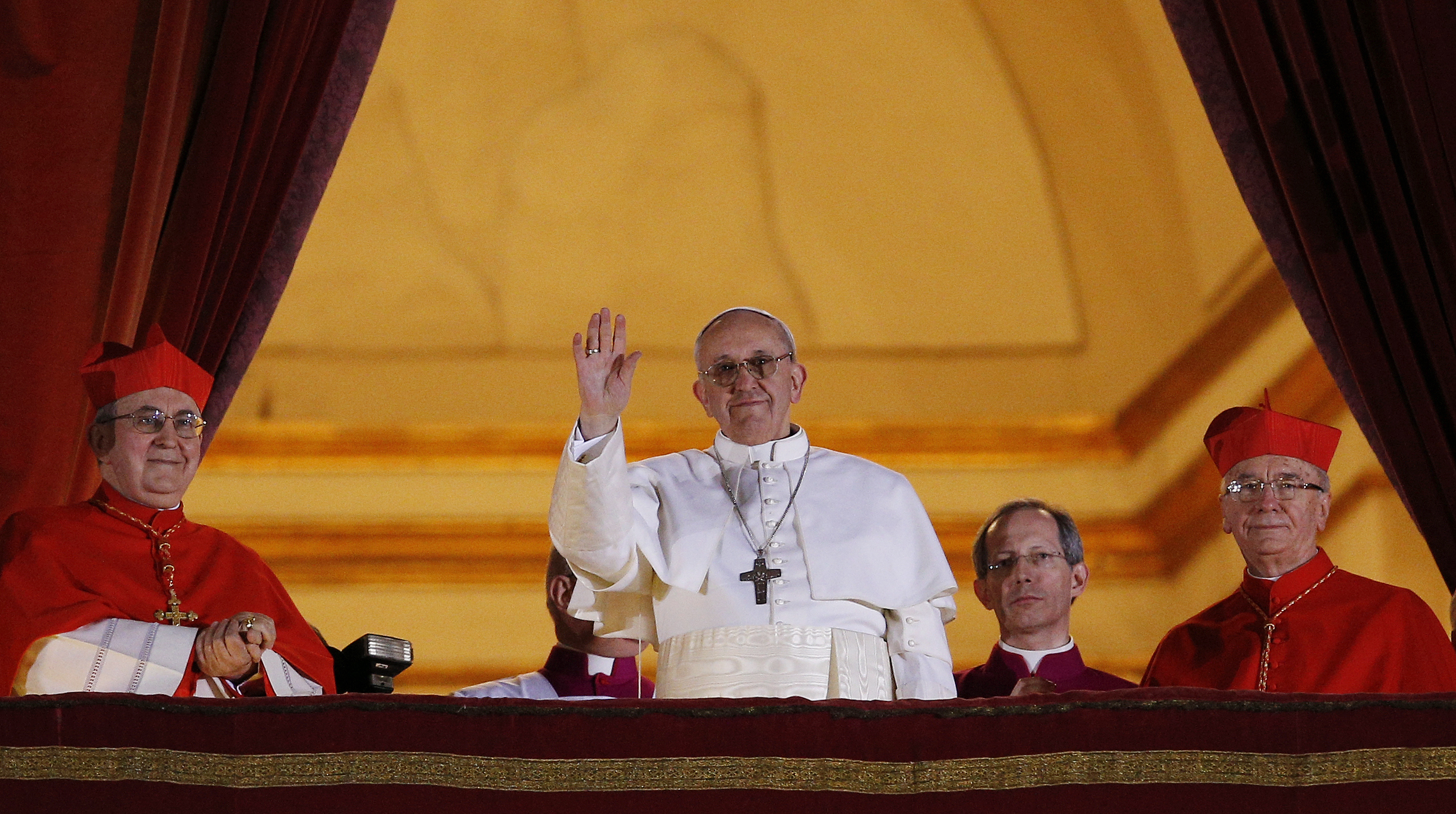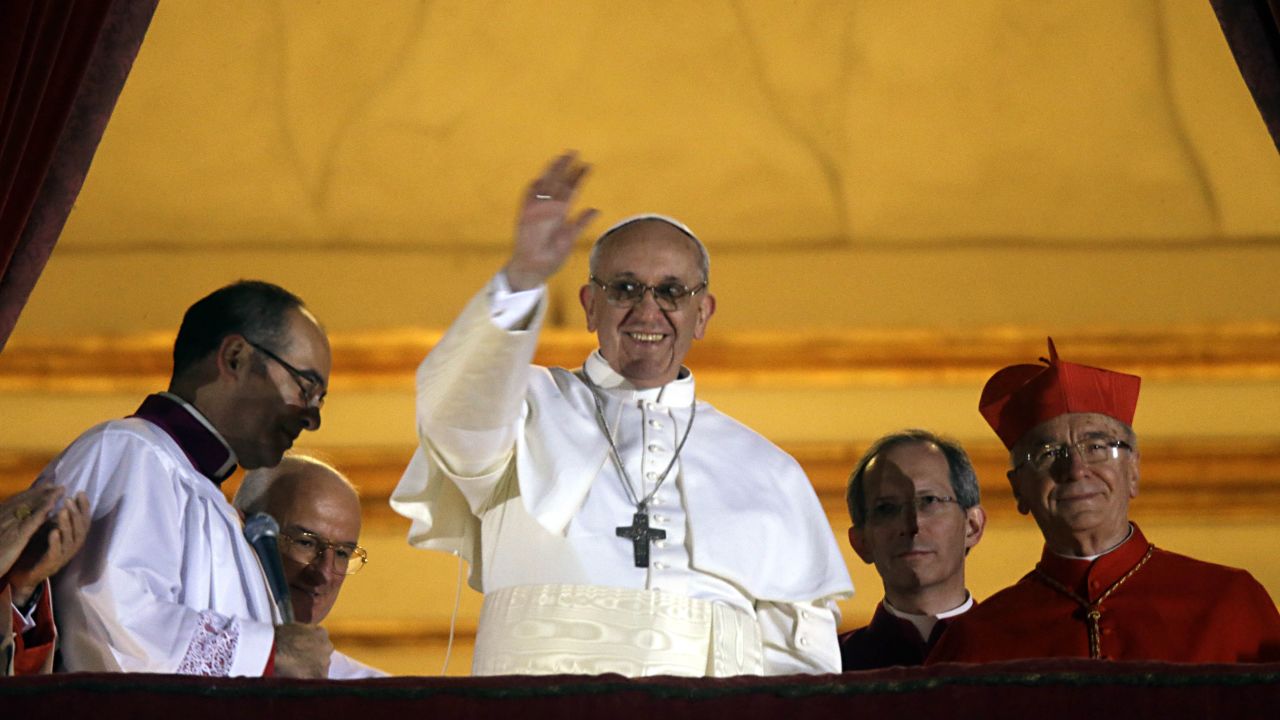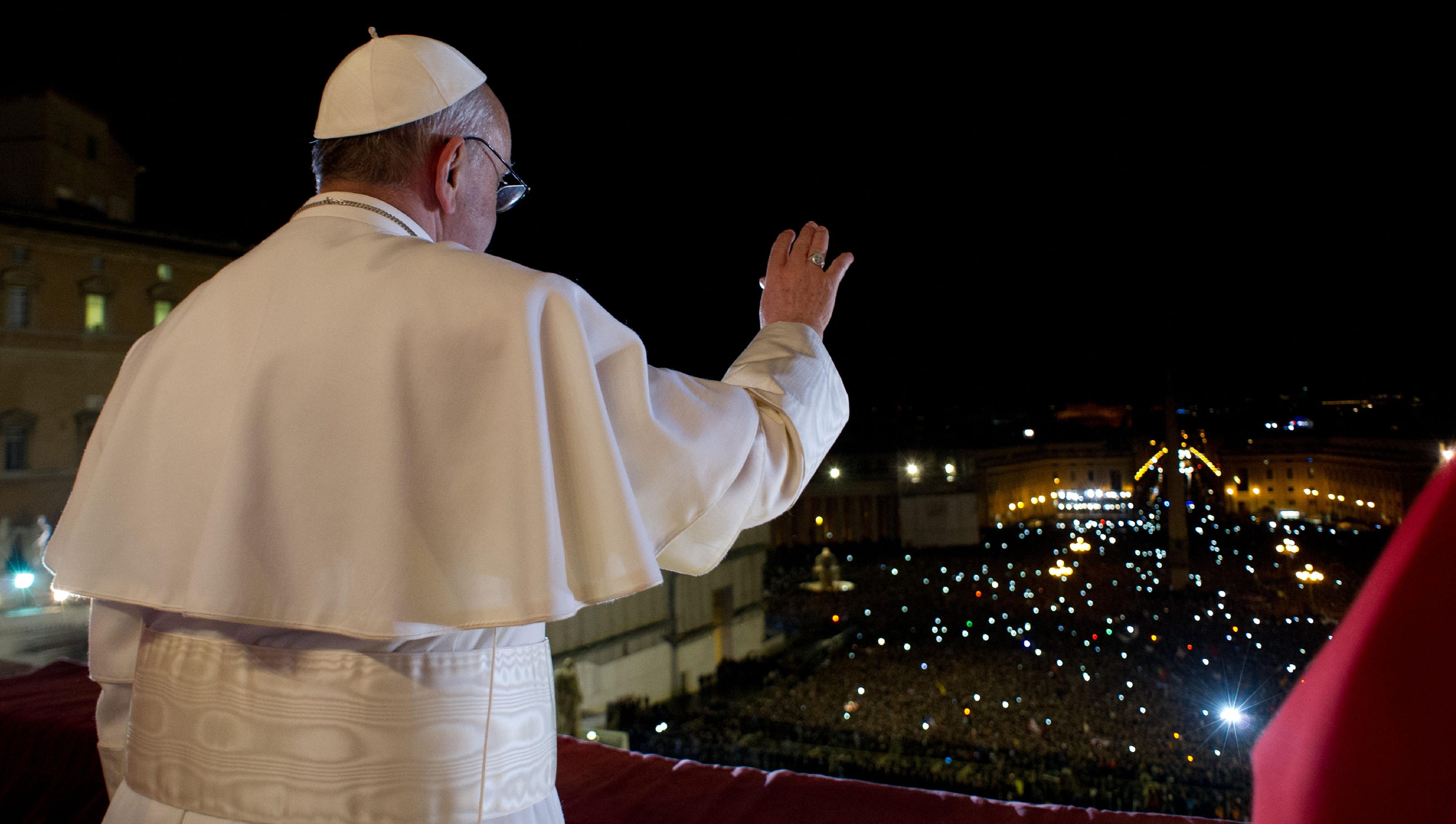Was the election of Pope Francis a pivotal moment for the Catholic Church? The election of Jorge Mario Bergoglio as Pope Francis in 2013 marked a transformative period for the Roman Catholic Church, ushering in an era defined by social reform, a global perspective, and a fresh approach to leadership.
The 266th Bishop of Rome, Pope Francis, ascended to the papacy on March 13, 2013. This historic event followed the unprecedented resignation of Pope Benedict XVI, which had occurred just weeks prior. The world watched with bated breath as the cardinals gathered in the Vatican City for the papal conclave. After five votes, Cardinal Jorge Mario Bergoglio of Argentina emerged as the new leader of the Catholic Church, taking the name Francis.
The swiftness of the conclave, occurring shortly after the resignation of Benedict XVI, highlighted the urgent need for a new spiritual leader. Pope Francis, the first pope from the Americas, the first Jesuit pope, and the first to adopt the name Francis, immediately signaled a shift in the Churchs direction. His election was not merely a change in personnel but a symbolic representation of the Church's evolving role in a rapidly changing world.
Pope Francis' election was not just a procedural event; it was the culmination of complex political and religious processes within the Vatican. The papal conclave, a tradition dating back to the 13th century, is a period of intense secrecy and deliberation, where cardinals from around the world gather to elect a new pope. The election of Pope Francis, therefore, was a testament to the Church's ability to adapt and to choose a leader capable of guiding it through the challenges of the modern era.
The news of Pope Francis' election was met with a global response of both excitement and anticipation. His public addresses, delivered from the central balcony of St. Peter's Basilica at the Vatican, resonated with millions worldwide. The new pope's emphasis on social issues, his humble demeanor, and his commitment to dialogue set a new tone for the papacy. He quickly became known for his efforts to promote unity, not only within the Catholic Church but also between different faiths and cultures.
His tenure has been marked by significant reforms and initiatives aimed at addressing contemporary issues, including climate change and social justice. The papal encyclical "Laudato Si'," issued in 2015, demonstrated his commitment to environmental stewardship, urging Catholics and people of goodwill to care for the planet. This progressive stance has resonated with a diverse audience, showcasing the evolving character of the Roman Catholic Church under his leadership.
The impact of Pope Francis' papacy has been felt across the globe. He has traveled extensively, meeting with world leaders and ordinary citizens alike. His efforts to foster unity and understanding have been widely recognized. The challenges facing the Church, however, are considerable, including internal divisions, issues of governance, and evolving social norms. Despite these challenges, Pope Francis has endeavored to lead the Church with compassion and a renewed sense of purpose.
As the first pope from the Western Hemisphere, the first from South America, and the first from the Jesuit order, Francis brought many reforms. His papacy represents a significant chapter in the long history of the Catholic Church, one that continues to unfold with both continuity and change.
The election of a new pope is a complex and lengthy process. Following the death of Pope Francis, the College of Cardinals will convene a papal conclave. This process typically begins at least 15 days after the Pope's passing, involving intensive discussion, voting, and prayer. The selection of a new pope is a significant undertaking, highlighting the role of the Catholic Church in today's complex world.
| Category | Details |
|---|---|
| Full Name | Jorge Mario Bergoglio |
| Born | December 17, 1936, Buenos Aires, Argentina |
| Religious Order | Jesuit |
| Elected Pope | March 13, 2013 |
| Predecessor | Pope Benedict XVI |
| Key Initiatives | Laudato Si' (Environmental Encyclical), Emphasis on Social Justice, Outreach to Marginalized Communities |
| Significant Actions | First Pope from the Americas, First Jesuit Pope, Numerous International Trips, Reforms in Church Governance |
| Current Status | Pope of the Roman Catholic Church |
| Reference Website | Vatican Website |


